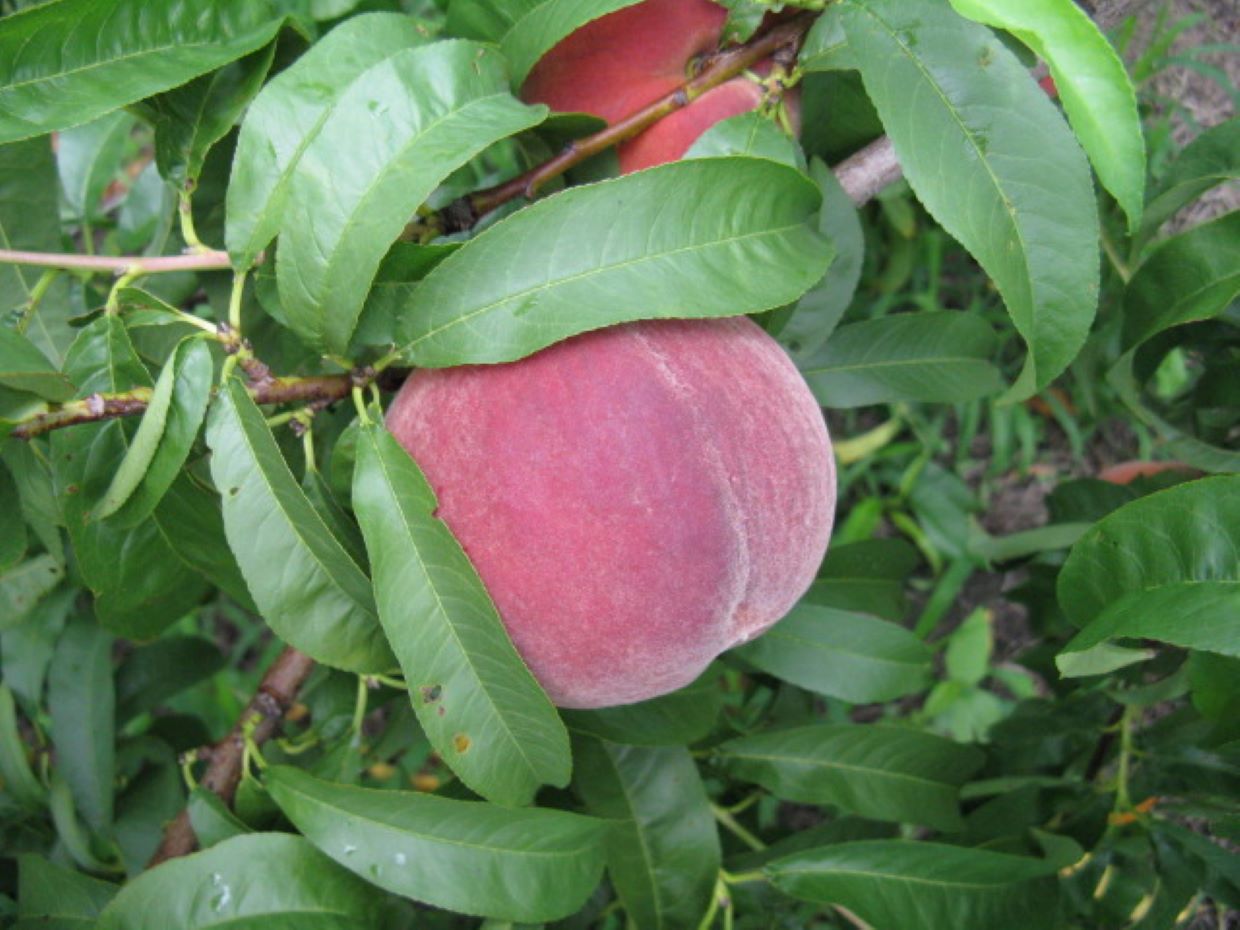Critical Temperatures for Fruit Trees

With the recent spell of (beyond) arctic temperatures in the KC area, you may wonder if that fruit tree in your yard will do anything worthwhile this year. Luckily, this cool stretch happened early enough in the year and gradually enough that the dormant plants would likely not have been damaged. Nevertheless, the threat of losing fruit is still possible with several months of cool weather ahead of us. Stone fruit production is damaged by colder weather that happens after the buds of the trees have already begun growing. So, you need to think “critically.” More specifically, what are your tree’s “critical temperatures?”
From a basic botany standpoint, the first important factor to know with tree fruit is that all fruit forms from flower buds. The fruit itself is the expanded, pollinated ovary of a bloomed flower. Thus, damage to the flower bud that makes this fruit, specifically from lower temperatures, equates to losses in fruit production.
Think about how carbonated beverages explode when placed in your freezer. They do so because they contain both gases and liquid that expands as it freezes. While presumably less refreshing, the buds on your trees have similar gasses and liquid expansion and will somewhat react the same with an exploded and eviscerated vessel, i.e., the bud or bloom.
On the technical side, it is also important to know that each fruit tree has “stages” to its bud development. For apples, these stages are “Silver Tip,” “Green Tip,” “Half-Inch Green,” “Tight Cluster,” “First Pink,” “Full Pink,” “First Bloom,” and “Full Bloom.” For pears: “Scales Separating,” “Blossom Buds Exposed,” “Tight Cluster,” and so on. The stages are unique to each plant, as each grows differently. Likewise, they also freeze differently.
Knowing the bloom stage of your fruit tree is the key to knowing when damage will occur. If an apple tree, for example, is only in its “Silver Tip” bud stage (the first one), temperatures down to 15 degrees F will result in a 10% fruit loss. Temperatures down to 2 degrees F will result in a 90% loss in fruit.
These numbers then get higher, with damage being more likely, the further along the buds are. “Full Bloom” on apples (their final bud stage) will have a 10% fruit loss at 28 degrees F and a 90% fruit loss at 25 degrees F. The sensitivity and the impact on the plant increase drastically. Since the plant is further along in its growth activity, it is much more prone to damage.
Some at-home research or a call to your local Extension office may be necessary to help you determine what exact “critical temperatures” exist with your kind of tree. As diverse types of trees grow and react to the environment differently, so too can different tree varieties. Cold tolerance is key. Just be aware that the further along the trees are in the growing season, the more likely crop damage will occur. The more gradual our temperatures change, the better.
Anthony Reardon, Horticulture and Small Farms Agent, 2023